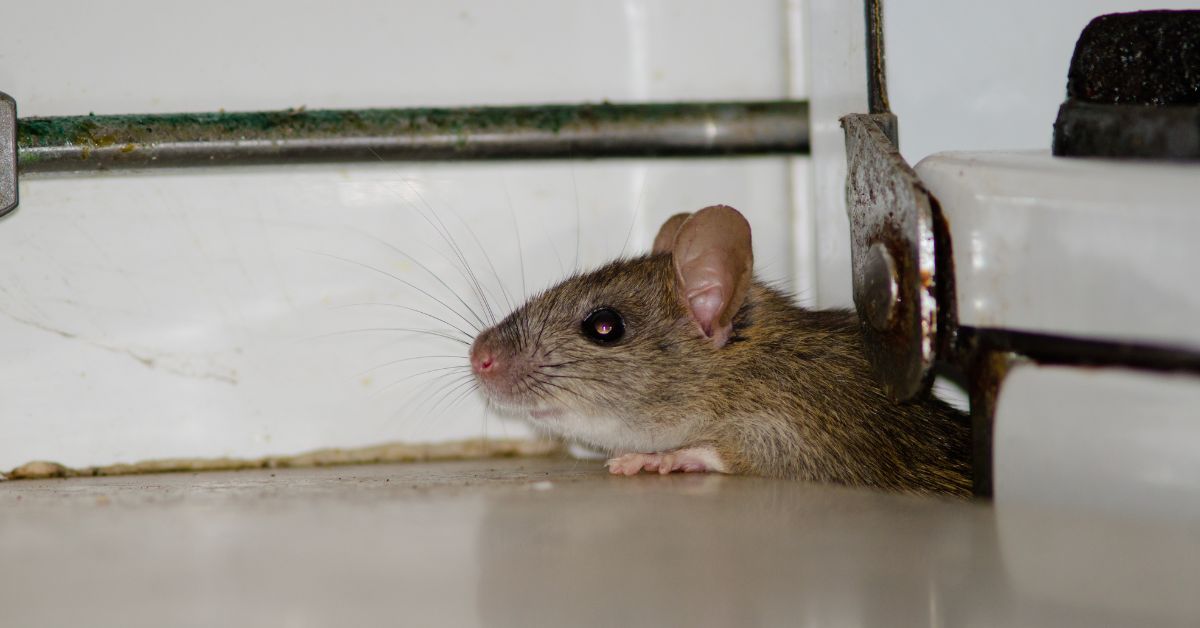The rainy season brings much-needed relief and rejuvenation to our environment, but it also sets the stage for a rise in rodent activity. As the rains subside, many homeowners notice an increase in rodent sightings, which can escalate into a full-blown infestation if not addressed promptly. Understanding the significance of rodent control after rainy season is crucial to maintaining a safe and healthy home.
During the rainy season, rodents such as rats and mice seek shelter from the wet and often harsh conditions. They find refuge in our homes, garages, and attics, where they can access food, water, and warmth. This migration is not only a nuisance but also poses significant health risks. Rodents are known carriers of various diseases, and their presence can lead to contamination and damage to property.

Why Rodents Thrive After Rainy Season
Post-rainy season, the environment is more conducive for rodent survival. The availability of food sources increases as vegetation flourishes, and water remains abundant. Moreover, the structures of our homes might have weakened due to prolonged exposure to moisture, making it easier for rodents to enter and establish nests.
As outlined in the Seasonal Rodent Control Strategies, its essential to understand these dynamics to effectively tackle the issue. Ignoring the early signs of rodent activity can result in an infestation that is harder to control.
Proactive Measures for Rodent Control
To combat rodent infestations post-rainy season, implementing proactive measures is essential. Start with a thorough inspection of your property. Identify and seal any potential entry points such as cracks, holes, and gaps in windows or doors. This simple step can significantly reduce the chances of rodents entering your home.
Keeping your environment clean and clutter-free is another critical aspect of rodent control. Rodents thrive in areas where they can hide and find food easily. Secure garbage bins with tight-fitting lids and store food in airtight containers. Regularly clean up food crumbs and spills, as these are attractants for rodents. For more detailed guidance, you can refer to this Basement Rodent Prevention Guide.
Utilizing Natural Remedies
While there are many commercial products available for rodent control, natural remedies can be an effective and eco-friendly alternative. For those interested in exploring these options, a visit to Real Simple's guide on natural mouse remedies provides a wealth of information.
Common household items such as peppermint oil, cloves, and vinegar can act as deterrents. These items can be placed strategically in areas prone to rodent activity. Additionally, maintaining a cat as a pet can naturally help keep the rodent population in check.
Professional Pest Control Services
In cases of severe infestations, engaging professional pest control services is advisable. These experts have the tools and expertise to assess the severity of the infestation and apply appropriate treatments. They can also provide advice on future prevention strategies to keep your home rodent-free.
For those managing larger properties or community spaces, strategies outlined in the Community Garden Rodent Prevention resource can be adapted to suit individual needs.
Long-term Prevention Strategies
Long-term prevention is key to ensuring that your home remains rodent-free even after the rainy season. Regular maintenance checks, sealing potential entry points, and keeping your environment clean are vital steps. Educating family members about the importance of these practices helps in creating a collective effort towards rodent control.
Another effective strategy is to create natural barriers that deter rodents. For more information, you can explore the Natural Barriers for Rodent Prevention article for creative and practical solutions.
Conclusion
The transition from rainy to dry seasons is a critical time for implementing rodent control after rainy season. By understanding the factors that contribute to increased rodent activity and implementing both proactive and reactive measures, you can protect your home from unwanted pests. Whether you choose to employ natural remedies or professional services, the key is to act quickly and effectively.
For more tips and strategies, check out the Warehouse Mouse Prevention Strategies, which can also be adapted for home use.

FAQ
Why is rodent control crucial after the rainy season?
Rodent control is crucial after the rainy season because the wet conditions drive rodents to seek shelter in homes, increasing the risk of infestations that can lead to health hazards and property damage.
How can I naturally deter rodents?
You can deter rodents naturally by using household items like peppermint oil, vinegar, and cloves, which act as repellents. Keeping a clean environment and maintaining a pet cat can also help reduce rodent activity.
When should I call a professional pest control service?
You should consider calling a professional pest control service if you notice signs of a severe infestation, such as droppings, gnawed wires, or if natural remedies are not effective in controlling the rodent population.
